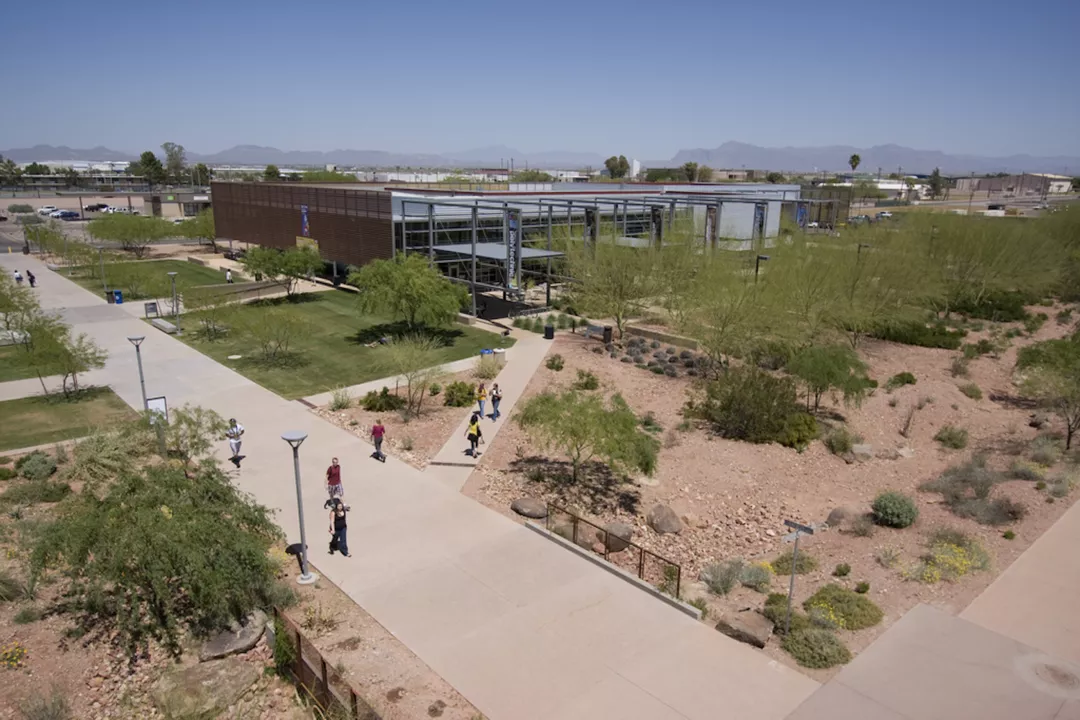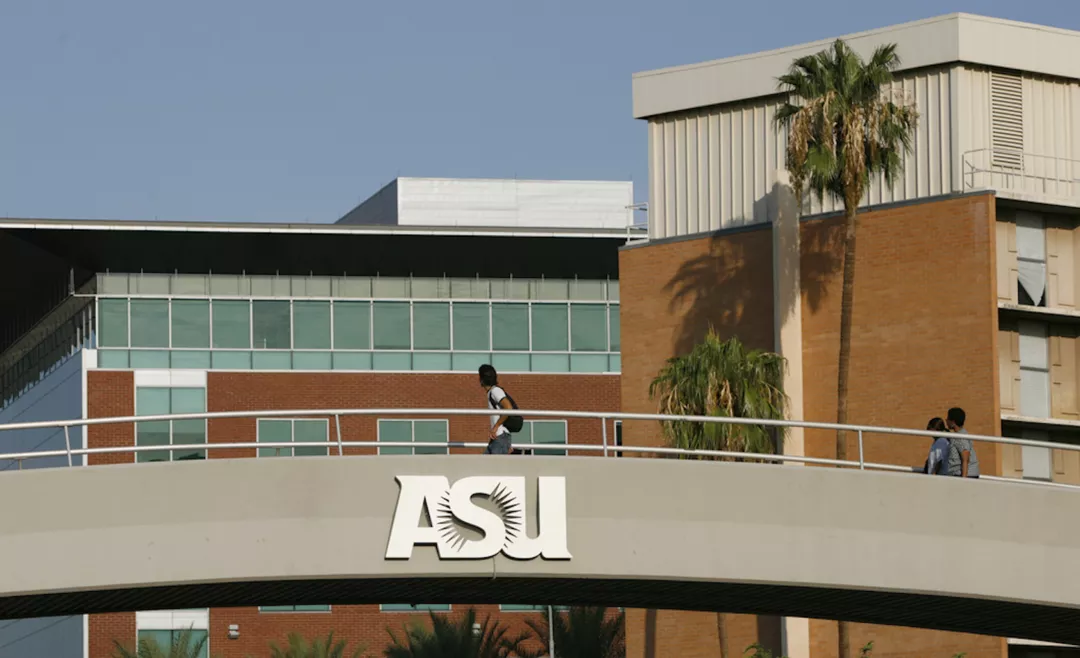-
hello@abroadcube.com
Mail us
-
Call For Help:
98779 83783
-
Whatsapp Us
70090 34921
The MS program in Human Systems Engineering in the Ira A. Fulton Schools of Engineering provides students with a deep understanding of the science of human performance and experience.
Students learn to use methods and tools that enable them to apply this understanding, to design and problem solve in a wide variety of domains such as product usability, learning design, sports performance, cyber security, human-robot teaming and workplace and patient safety.
A broad range of professions needs experts in human factors to work on problems that involve an understanding of human performance. Students gain real-world experience by tackling projects that examine cutting-edge issues such as cell phones as a source of driver distraction, detection of improvised explosive devices, process optimization in health care and even control of unmanned vehicles.
Interest areas include user experience, aviation human factors, cognitive performance, consumer psychology, transportation human factors, patient safety, effective teamwork, human-robot teaming, health psychology, learning optimization, social cognition, threat detection and sports psychology.
Career Opportunities
This master's degree program prepares students for industry and government careers in positions such as:
Graduates may work as a member of a design team for a product or system.
Recent graduates are working at places like Intel, Boeing, GoDaddy, Mayo Clinic, PayPal, Motorola, Google and the Air Force Research Lab. Recipients of this ASU master's degree also have gone on to pursue doctorates at ASU and other prestigious institutions.
| Level | Masters |
| Discipline | Engineering |
| Duration | 24 months |
| Intakes | Jan, Sep |
| Application Fees | USD 0 |
| Tuition Fees | USD 35280 |
| Campus | Polytechnic |
| Language proficiency (minimum) | |
| IELTS | 6.5 |
|---|---|
| TOEFL | 80 |
| PTE | 60 |
| Duolingo | 105 |
| Exam proficiency (minimum) | |
| SAT | Not Required / Waiver |
|---|---|
| ACT | Not Required / Waiver |
| GRE | Not Required / Waiver |
| GMAT | Not Required / Waiver |
Minimum GPA - 77%
QS Quacquarelli Symonds is the world’s leading provider of services, analytics, and insight to the global higher education sector, whose mission is to enable motivated people anywhere in the world to fulfil their potential through educational achievement, international mobility, and career development.
THE (Times Higher Education) has been providing trusted performance data on universities for students and their families, academics, university leaders, governments and industry, since 2004. We create university rankings to assess university performance on the global stage and to provide a resource for readers to understand the different missions and successes of higher education institutions.
The Academic Ranking of World Universities (ARWU) was first published in June 2003 by the Center for World-Class Universities (CWCU), Graduate School of Education (formerly the Institute of Higher Education) of Shanghai Jiao Tong University, China, and updated on an annual basis
The "Webometrics Ranking of World Universities" is an initiative of the Cybermetrics Lab, a research group belonging to the Consejo Superior de Investigaciones Científicas (CSIC), the largest public research body in Spain. CSIC is among the first basic research organizations in Europe. The CSIC consisted in 2006 of 126 centers and institutes distributed throughout Spain.





